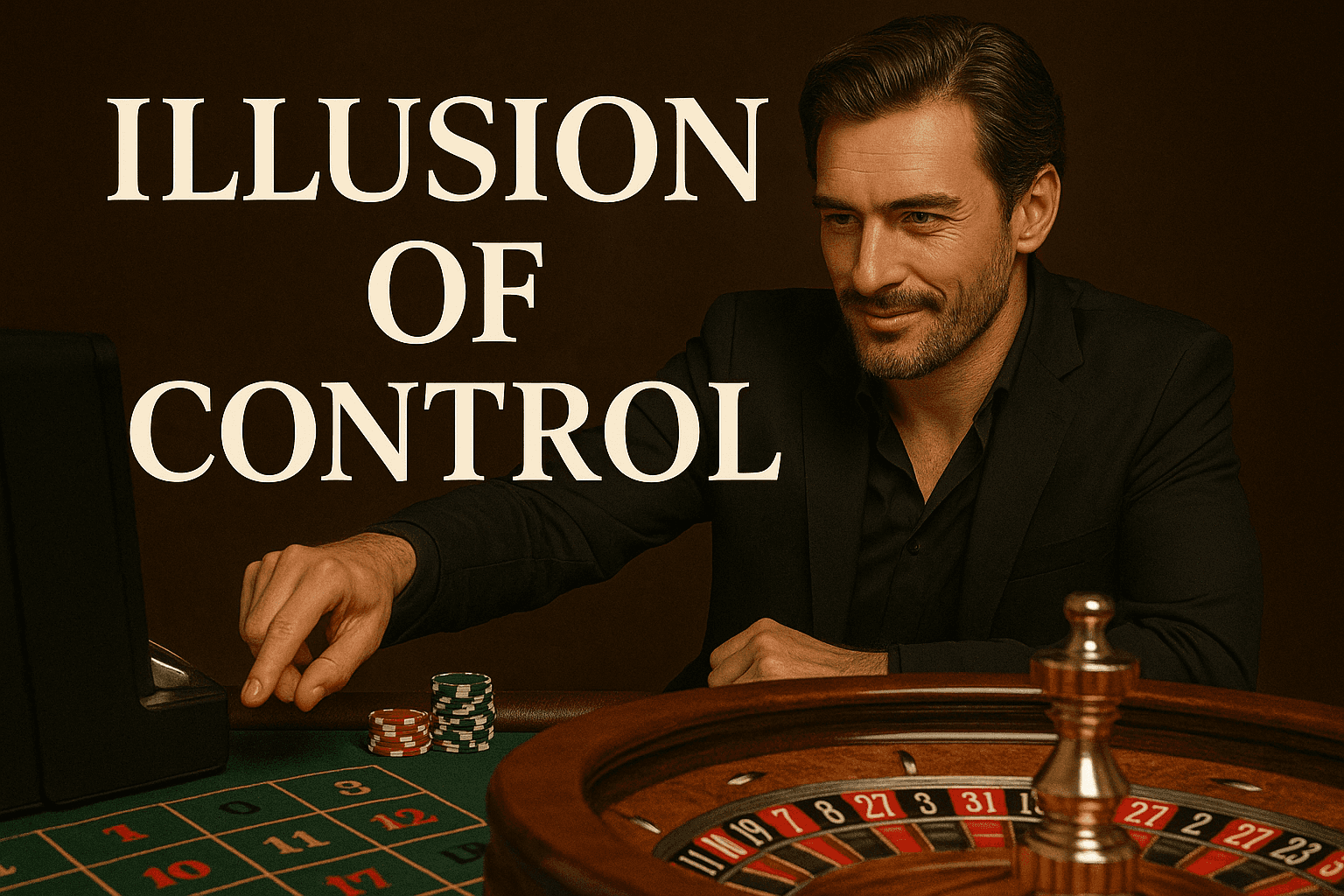7 Gambling Traps — And How To Exploit Them
Gambling is a psychological minefield. Decades of behavioral research have shown that our brains are wired to misjudge odds, overvalue hot streaks, and chase losses — all of which the casino is happy to exploit. Yet these same biases can be reframed into powerful tools for the sharp, disciplined player. Mastering these “pitfalls” as leverage points separates the thoughtful strategist from the compulsive gambler. Here’s how to turn the house’s psychological traps to your advantage.

Avoid the classic gambling pitfalls: Master the psychological traps casinos use against you and turn them into your advantage.
The Seven Pitfalls
The Pitfall: Believing a winning streak will continue indefinitely. Behavioral studies confirm that after a few wins, people overestimate their skill and underprice risk.
Leverage It: Use the hot hand effect as a momentum check, not a momentum driver. Take a step back and lock in profits when you feel invincible. Design your session so that after a run of wins, you pause to review your bankroll allocation and adjust accordingly. Make the streak your trigger to become more conservative, not more aggressive.
Read more on - The Hot Hand Fallacy
The Pitfall: Loss aversion — a core cognitive bias — makes you double down to recover money you’ve lost. Studies show 70% of gamblers engage in some form of loss chasing, burning through bankrolls.
Leverage It: Channel that impulse into a positive loss review routine. After any significant loss, pause to analyze what went wrong, then step away. Instead of fueling a downward spiral, transform loss chasing into data gathering to strengthen your subsequent decisions.
The Pitfall: You’ve already invested so much, you feel compelled to continue. Casinos exploit this brilliantly, encouraging you to “get your money’s worth.”
Leverage It: Flip Sunk Cost Thinking on Its Head. Any money already wagered is gone — treat it as tuition, not a recoverable investment. This frees you to make rational choices based on the current odds, not emotional baggage from past bets.
The Pitfall: Gamblers overestimate their ability to influence outcomes, especially in games of pure chance. Pressing the slot button “just right” or picking a lucky roulette number gives a false sense of mastery.
Leverage It: Recognize that in slots, outcomes are controlled by a random number generator, not your ritual or timing. Instead, focus on what you can truly control: session limits, bankroll management, and knowing when to walk away. Channel your sense of agency into these real factors, and let the reels take their course.
Read more on - Illusion of Control

A confident gambler illustrates the illusion of control — true strategy lies in bankroll limits and disciplined play.
The Pitfall: Neuroscience shows near-misses and small wins flood the brain with dopamine, hooking players into staying longer, especially during bonus game features in modern slot machines. These features are designed to keep excitement high even when rewards are modest. Leverage It: Harness this reward anticipation by setting up milestones outside the casino’s reward structure. For example, set personal achievement targets, such as sticking to a budget or reaching a break-even exit point. Celebrate those with the same enthusiasm you’d give a winning jackpot.
The Pitfall: After a string of successful bets, gamblers often believe they have “cracked the code.” This inflates risk-taking and distorts rational play.
Leverage It: Implement a confidence checkpoint system. Whenever your confidence soars, review your actual win-loss data. Have a preset rule to scale down bet sizes when you feel most sure of yourself — a hard brake against reckless optimism.
The Pitfall: Casinos remove clocks, natural light, and distractions to warp your sense of time, keeping you in the game far longer than you intended.
Leverage It: Counter their strategy by setting a timer on your phone or wearable device. Schedule periodic forced breaks to reset your focus and restore your sense of time. Treat each break as a mental audit — are you playing according to plan, or just drifting?
Practical Dos and Don’ts to Outsmart Gambling Biases
Closer
Casinos have spent decades perfecting psychological traps. But knowledge is power. By reframing these seven pitfalls into actionable disciplines, you convert cognitive weaknesses into a professional edge. Think of it like judo: use the opponent’s momentum — in this case, the house’s carefully engineered biases — against them. That is the mark of a truly strategic gambler: one who respects the game, masters their mind, and plays to win on their terms.

A fun, responsible moment at the tables — skill and enjoyment go hand in hand.